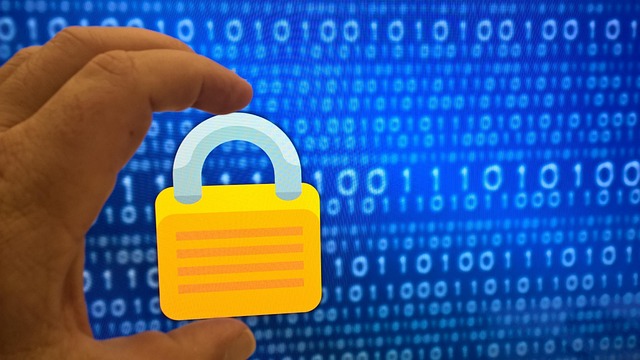
Secure IT: Essential Password Guidelines for Information Technology
Secure IT: Essential Password Guidelines for Information Technology
In the ever-evolving landscape of information technology, security is paramount. As we store more data online and connect our devices, the risk of unauthorized access becomes a pressing concern. One of the most crucial elements in safeguarding our digital world is password security. With the increasing incidence of data breaches and cyberattacks, adhering to proper password guidelines has never been more essential.
The Importance of Strong Passwords
Passwords are the first line of defense against unauthorized access to sensitive information. A weak password can be likened to leaving your front door wide open; it invites all sorts of trouble. In the IT realm, the ramifications of poor password practices can be devastating—from compromising personal data to exposing entire networks to phishing attacks. Recognizing the importance of strong passwords is the first step in enhancing our security posture.
Crafting Your Password: What to Consider
- Length and Complexity: Aim for at least 12 to 16 characters. A combination of uppercase and lowercase letters, numbers, and special symbols can significantly bolster your password’s strength.
- Avoid Common Words: Stay clear of easily guessable information like “password,” personal names, or birthdates. Hackers have sophisticated tools that can crack these in no time.
- Unique Passwords for Different Accounts: It might be tempting to use the same password across multiple sites for convenience, but this can lead to a domino effect if one account is compromised.
Implementing Additional Security Measures
While strong passwords are vital, they’re not the only measure you should take. Consider implementing multi-factor authentication (MFA) wherever possible. MFA adds an extra layer of security, requiring you to provide additional verification before accessing your accounts. This is especially critical for accounts that store sensitive or confidential information.
The Role of Password Managers
With so many accounts requiring unique passwords, it’s easy to feel overwhelmed. Enter password managers: these tools can generate and store your passwords securely. By using a password manager, you can maintain strong and unique passwords for each account without the mental burden of remembering them all. This not only streamlines your online experience but also enhances your overall security
Regular Monitoring and Updates
Even with the strongest passwords and security measures in place, it’s vital to regularly monitor your accounts for suspicious activity. Set reminders to update your passwords periodically—this is particularly crucial for accounts that hold sensitive information. Make it a habit to review your security settings regularly to ensure you are always one step ahead of potential threats.
Education and Awareness
In the corporate IT environment, fostering a culture of cybersecurity awareness is essential. Employees should be trained on the importance of following password guidelines and the broader implications of poor password practices. Regular workshops and updates can keep everyone informed about the latest threats and countermeasures.
As technology advances, so do the strategies employed by cybercriminals. Remaining vigilant and adapting your security practices are crucial in this landscape. By committing to strong password guidelines and cultivating a proactive security culture, we can fortify our defenses against the increasing threat of cyberattacks.

